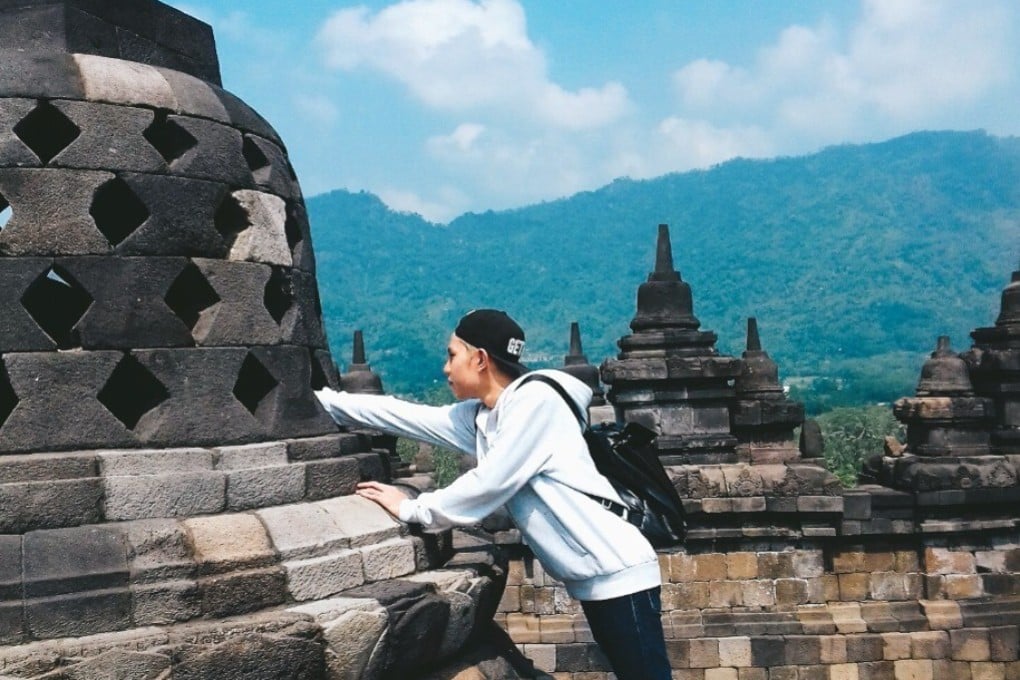Advertisement
Indonesia plans global Buddhist site at Borobudur temple
- The world’s most populous Muslim-majority nation is studying how to make the 9th century temple a centre for Buddhists ‘all over the world’
- Amid rising intolerance, there are hopes the 9th century site can avoid the fate of Afghanistan’s Bamiyan Buddhas
Reading Time:5 minutes
Why you can trust SCMP
3

Indonesia, the world’s most populous Muslim-majority nation, is seeking to preserve and promote the mystical 9th-century Buddhist Borobudur temple in Central Java amid growing intolerance, raising hopes it could escape the fate of Afghanistan’s Bamiyan Buddha statues.
Minister of Religious Affairs Yaqut Cholil Qoumas said Borobudur occupied a significant place of respect for Buddhists and officials were studying how to promote ceremonies “which can be attended by Buddhists all over the world”, as part of plans to strengthen moderation in the country.
This comes three decades after Borobudur was listed as a Unesco World Heritage Site.
Advertisement
“The potential for Borobudur is very big … the number of Buddhists in Asean is more than 40 per cent,” Yaqut told This Week in Asia, adding that he was “optimistic” that the temple could become an international centre of worship.
More than 90 per cent of Indonesia’s 270 million people identify as Muslims. Government figures suggest there are some 2.5 million Buddhists, but the community estimates the size of the group could be three times that.
Advertisement
In Southeast Asia, some 200 million people are Buddhist, making it the region’s second-largest religion after Islam.
Advertisement
Select Voice
Select Speed
1.00x